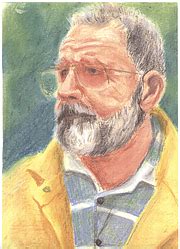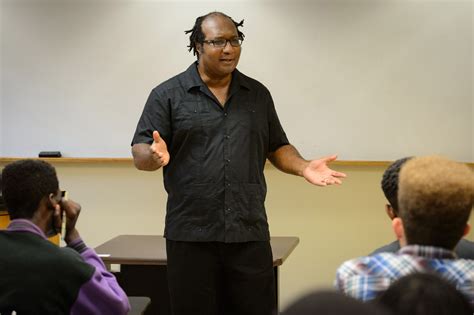A Quote by Seneca the Younger
He that lays down precepts for the governing of our lives, and moderating our passions, obliges humanity not only in the present, but in all future generations.
Related Quotes
Often the deep valleys of our PRESENT will be UNDERSTOOD only by LOOKING BACK on them from the mountains of our FUTURE experience. Often we can’t see the LORD’S HAND in our lives until long after the trials have passed. Often the most difficult times of our lives are ESSENTIAL building blocks that form the FOUNDATION of our CHARACTER and pave the way to FUTURE opportunity, understanding, and happiness.
The Revelation of Sonmi 451 To be is to be perceived, and so to know thyself is only possible through the eyes of the other. The nature of our immortal lives is in the consequences of our words and deeds, that go on and are pushing themselves throughout all time. - Our lives are not our own. From womb to tomb, we are bound to others, past and present, and by each crime and every kindness, we birth our future.
Man can only be certain about the present moment. But is that quite true either? Can he really know the present? Is he in a position to make any judgment about it? Certainly not. For how can a person with no knowledge of the future understand the meaning of the present? If we do not know what future the present is leading us toward, how can we say whether this present is good or bad, whether it deserves our concurrence, or our suspicion, or our hatred?
It is up to us, to this present generation of Americans, to take a stand for freedom, to send a message to Washington that we're taking our future back from the grips of central planners who would control our healthcare, who would spend our treasure, who downgrade our future and micro-manage our lives.
Let each of us examine his thoughts; he will find them wholly concerned with the past or the future. We almost never think of the present, and if we do think of it, it is only to see what light is throws on our plans for the future. The present is never our end. The past and the present are our means, the future alone our end. Thus we never actually live, but hope to live, and since we are always planning how to be happy, it is inevitable that we should never be so.
Psychoanalysts are fond of pointing out that the past is alive in the present. But the future is alive in the present too. The future is not some place we’re going to, but an idea in our mind now. It is something we’re creating, that in turn creates us. The future is a fantasy that shapes our present.





































